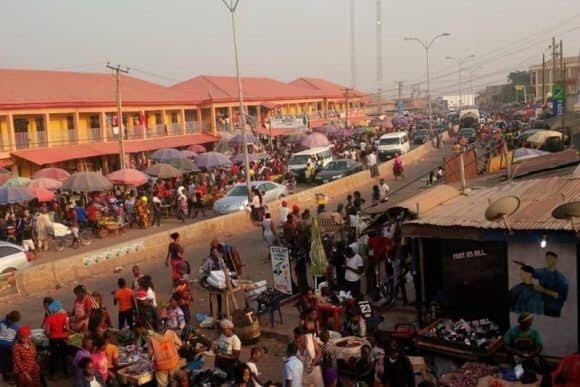By Paul Okojie
Uromi, a town in Edo State, Nigeria, has recently been the scene of a tragic incident that underscores the complexities of security challenges in the region. On March 27, 2025, a mob killed 16 individuals suspected of being kidnappers by setting them on fire using tires. The victims, primarily hunters from northern Nigeria, were intercepted by local security in Uromi, where homemade weapons were found in their vehicle, prompting the attack.
This incident has ignited widespread condemnation and raised concerns about the prevalence of mob justice in Nigeria. Edo State Governor Monday Okpebholo labeled the killings as “barbaric” and assured that those responsible would be prosecuted to the fullest extent of the law. Similarly, President Bola Tinubu condemned the act and directed security agencies to apprehend the perpetrators, emphasizing the right of Nigerians to move freely within the country.
The backdrop to this tragic event includes ongoing security challenges in Uromi and its environs, notably incidents involving herdsmen and kidnappers. In January 2023, for instance, 32 individuals were kidnapped by bandits at a train station in Edo State, highlighting the persistent threat of abductions in the area. Such incidents have fueled tensions and contributed to a climate of fear and suspicion among local communities.
While addressing security concerns is paramount, the recent killings in Uromi underscore the dangers of mob justice and the importance of upholding the rule of law. Ensuring that justice is administered through legal channels is essential to prevent further violence and to maintain societal order. The Edo State Police Command has initiated investigations into the incident, with 14 suspects reportedly arrested in connection with the attack.
The challenges faced by Uromi reflect broader issues affecting many parts of Nigeria, where communities grapple with insecurity and the complexities of inter-ethnic relations. Addressing these challenges requires a comprehensive approach that includes enhancing security measures, promoting dialogue among diverse groups, and ensuring that justice is served through appropriate legal frameworks.
As the nation mourns the loss of lives in Uromi, it is imperative for both governmental and community leaders to work collaboratively towards fostering peace, security, and mutual understanding among all Nigerians. This should serve as a lesson to those who take laws into their hands in the midst of crisis.





